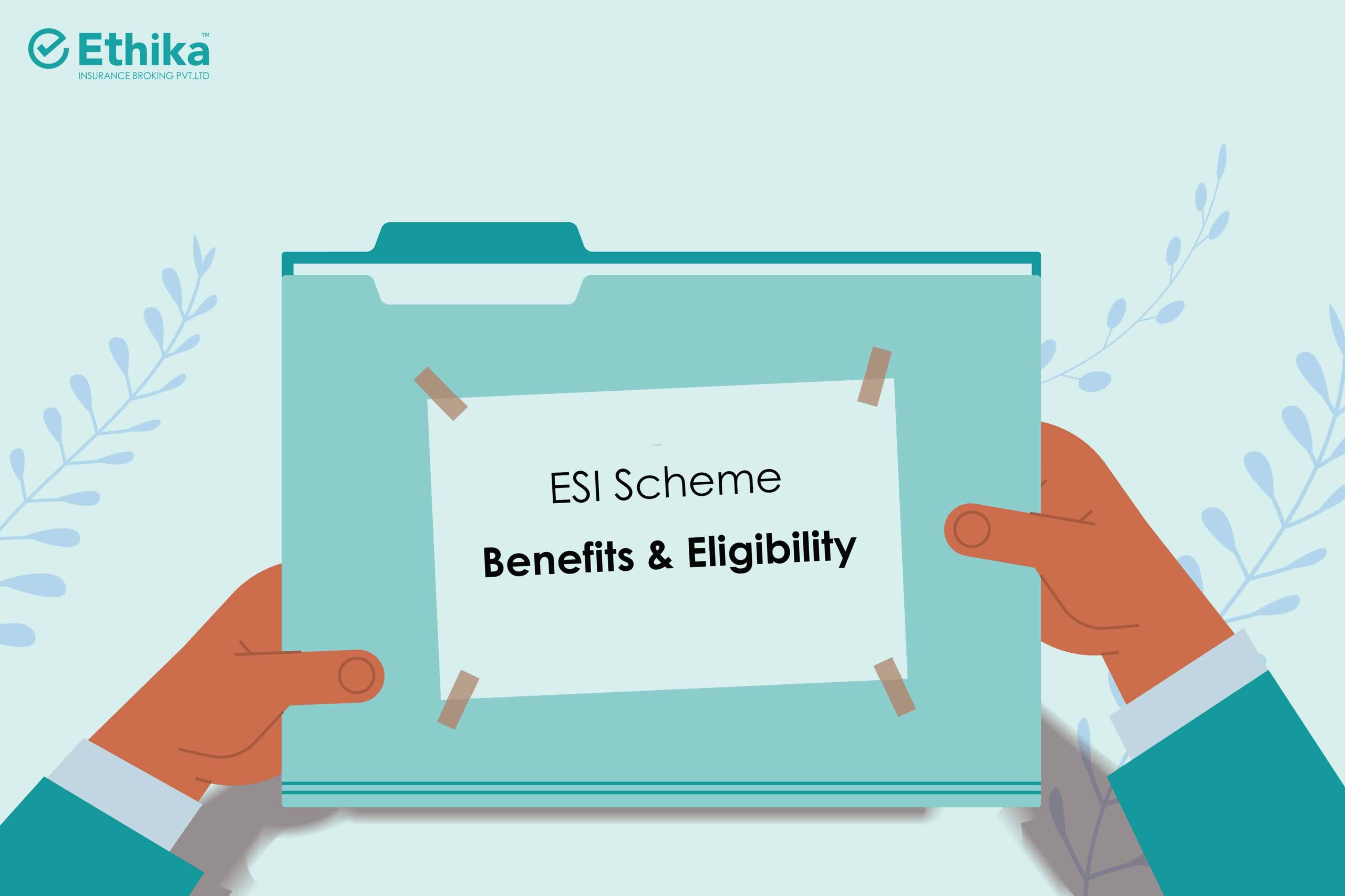
What’s on this page?
What is ESI Scheme (Employee State Insurance Corporation Scheme):
ESI, also known as the Employees State Insurance Scheme offered by the ESI Corporation, is a statutory body under the Ministry of Labour and Employment, Government of India.
The fund is managed by the Employees State Insurance Corporation of India according to the rules and regulations laid down in the ESI Act 1948.
Who is Eligible for ESI Scheme?
Any employee earning ₹21,000 or less per month (₹25,000 for disabled) is eligible for ESI, to which the employer contributes 3.25 percent. The rate of employee contribution in the ESI scheme is 0.75 percent, for a total contribution of 4 percent.
Let’s know more about ESI Scheme
ESI is a type of social security scheme for people employed in the organized sector. Employees earning less than ₹ 137 per day are exempted from payment of their contribution.
The scheme covers the employees working in factories and other establishments such as Road transport, hotels, restaurants, cinemas, newspapers, Shops, and Educational/Medical Institutions where there are more than 10 employees working for the organization.
In some states, the limit for coverage is a minimum of 20 employees. There is no sum insured or coverage limit under the ESI scheme as the maximum liability under this scheme would be the hospitalization amount incurred by the employee.
The ESI scheme requires employee employer relationship to be shown to avail the coverage as it requires contribution from the employer as well. Your employers have to register in the ESI portal and pay the premiums on time to avail of the coverage.
Only full-time employees working in an organization are eligible to be covered under the ESI scheme and part-time and contract employees are exempted from the scheme. Members of ESI can avail of cashless claim settlement facilities in any of the ESI hospitals and a few private hospitals which are tied up with the ESIC.
Treatment availed in any other private hospital would be on a reimbursement basis. The ESI has a waiting period of 2 years for critical illness coverage and would start from the date of enrollment under the scheme.
Recommended Post
The Major Benefits of ESI Scheme:
When a female employee gets enrolled for more than 70 days or two consecutive contributory terms. She would become eligible for 26 weeks’ salary for confinement and 6 weeks’ salary in case of miscarriage during the maternity leave.
Corporate Insurance Schemes:
ESI is a kind of government scheme where it is managed by the government, but apart from this, there are certain private corporate health insurance schemes, also referred to as SME insurance schemes.
Group health insurance is the most common corporate health insurance scheme in India which covers the employees in a single health insurance policy. Corporate health insurance is offered to employees working in corporate companies.
Corporate health insurance is taken by the corporate company for its employees by paying the premium and the health insurance cover would be enjoyed by the employees. Corporate health insurance is an employee-employer health insurance that covers the hospitalization-related expenses of the employees due to an accident and illness or disease.
The corporate health insurance is usually taken for the employees and later can be extended to their immediate family. Spouses, parents, and parents-in-law can be covered under the group floater health insurance policy.
Corporate health insurance is valid only as long as the employee is working with the organization and ceases to exist once the employee leaves the organization.
Corporate health insurance has the advantage of availing cashless claim settlement facilities in any of the network hospitals. Network hospitals are tied up with insurance companies to offer cashless claim settlement facilities to insured customers.
Corporate health insurance is typically purchased for a one-year period, after which it must be renewed with the same or a different insurance company. Group health insurance premiums depend on the number of members, the coverage required, the age of the members enrolled in the policy, etc.
The major advantage of corporate health insurance is that there would be a waiting period waiver under the policy in which the insured members can make the claim from day one after taking the policy.
Eligibility of Corporate Health Insurance
The eligibility requirement for corporate health insurance is that there must be at least seven employees enrolled in the policy to avail themselves of the coverage. Employees can be full-time, part-time, or on a contract basis.
The decision to include the employees lies with the management taking the corporate health insurance policy.
If you would like to switch from corporate health insurance to ESI scheme – follow this post.